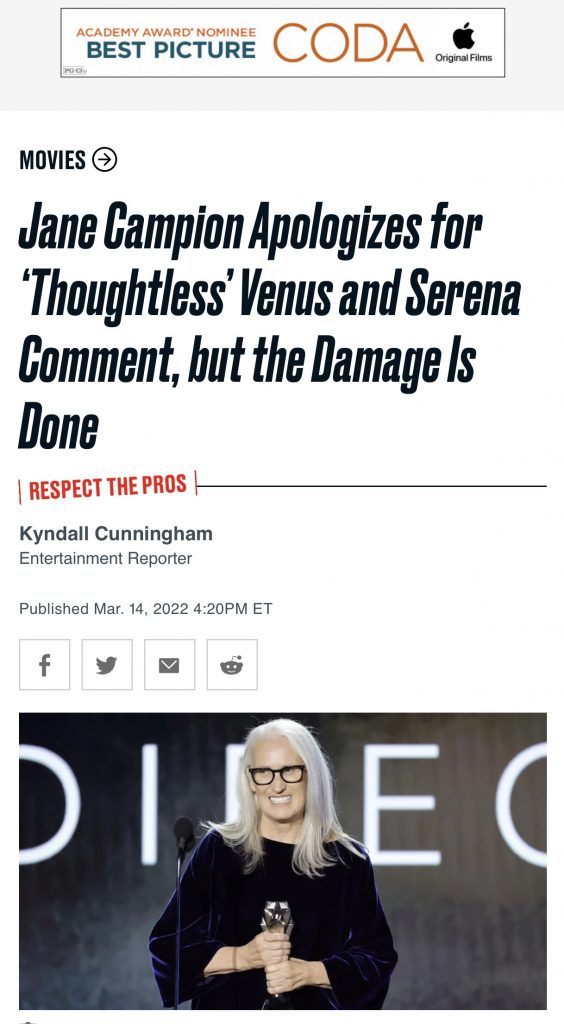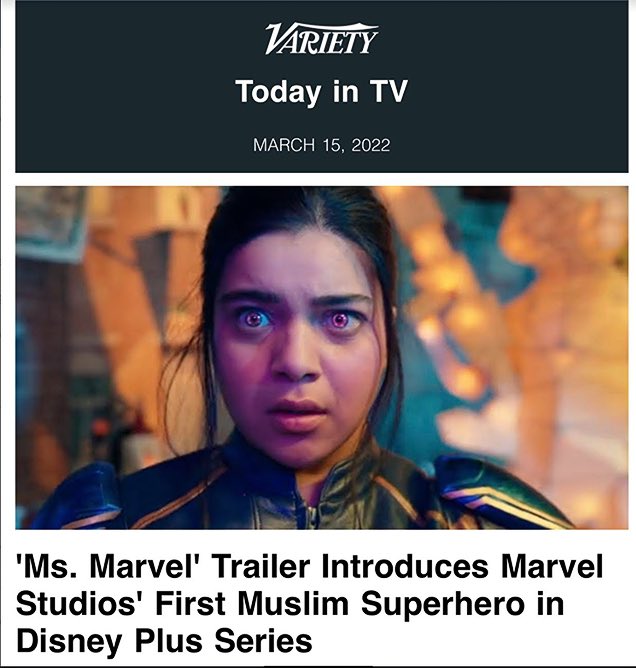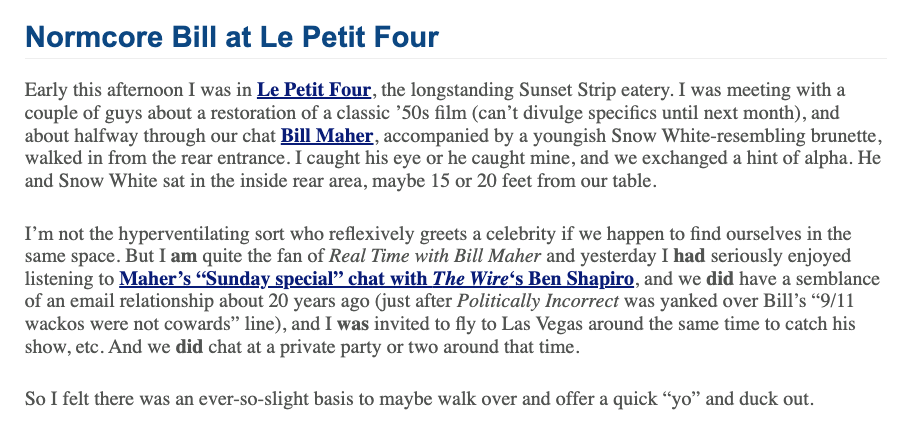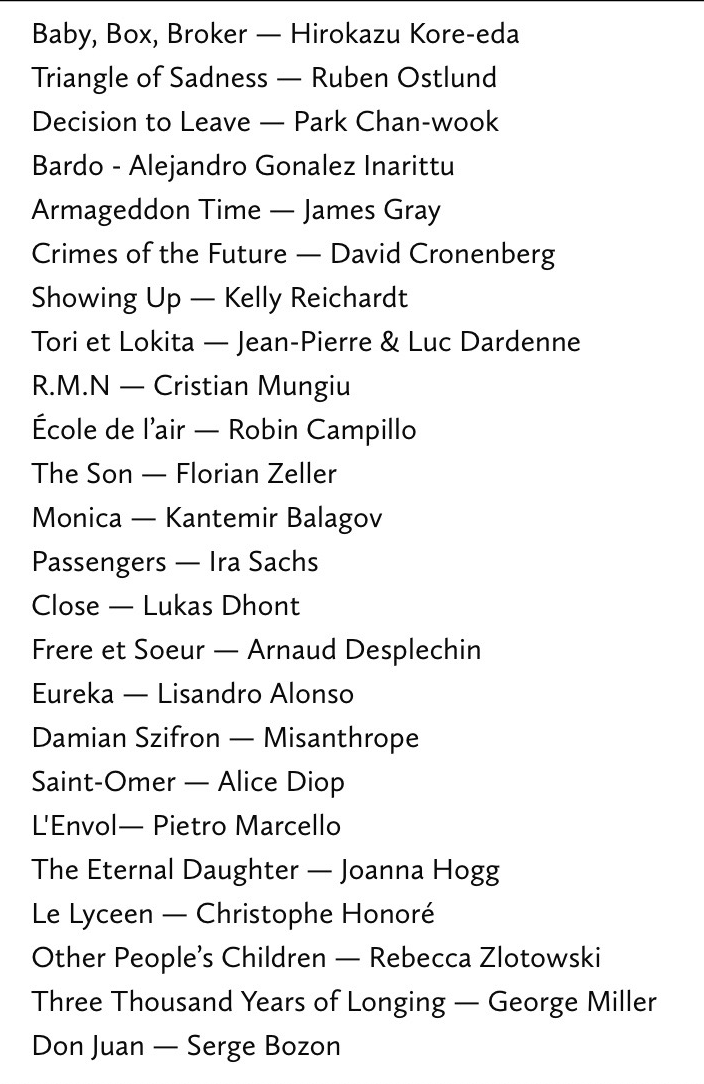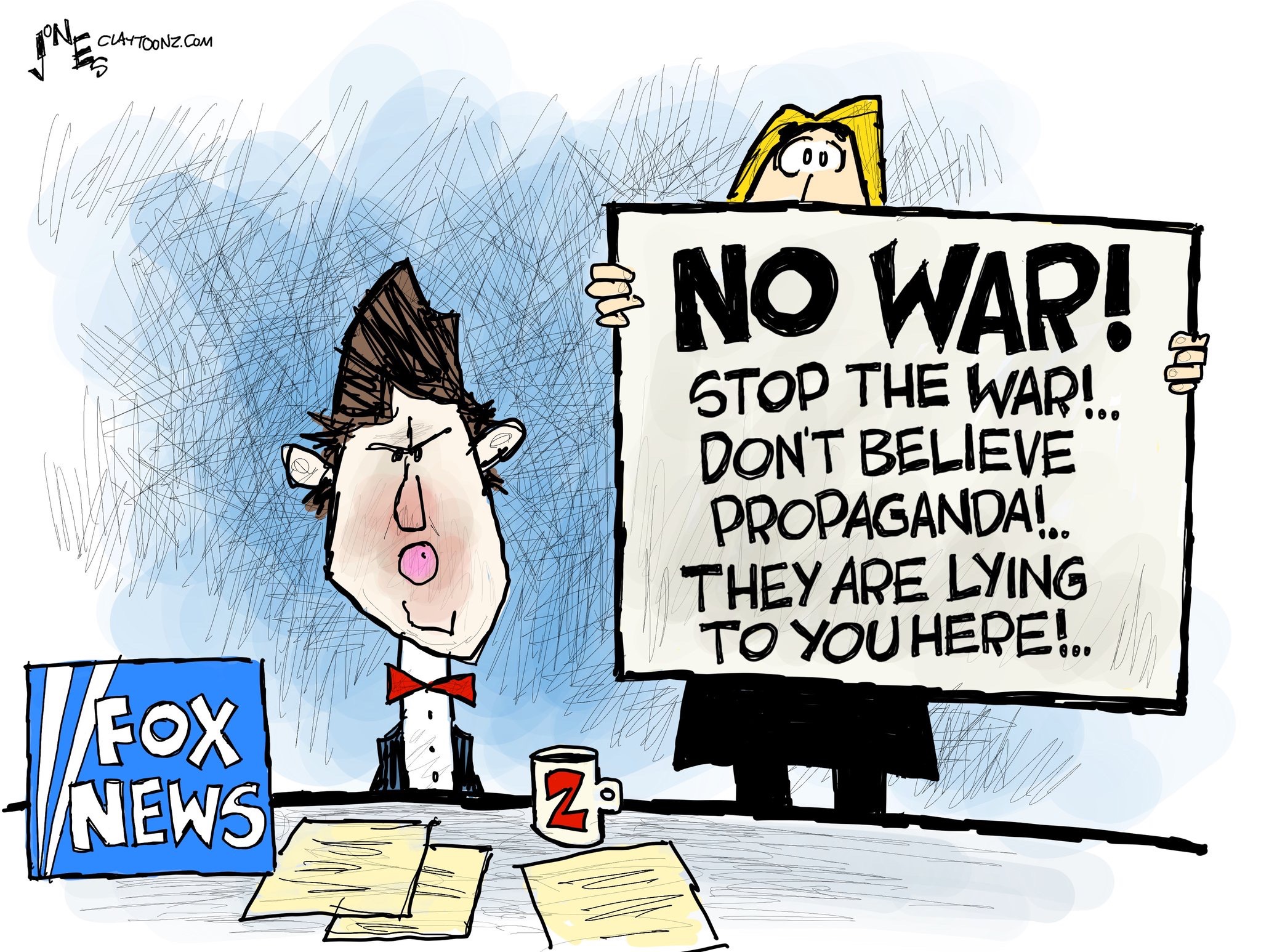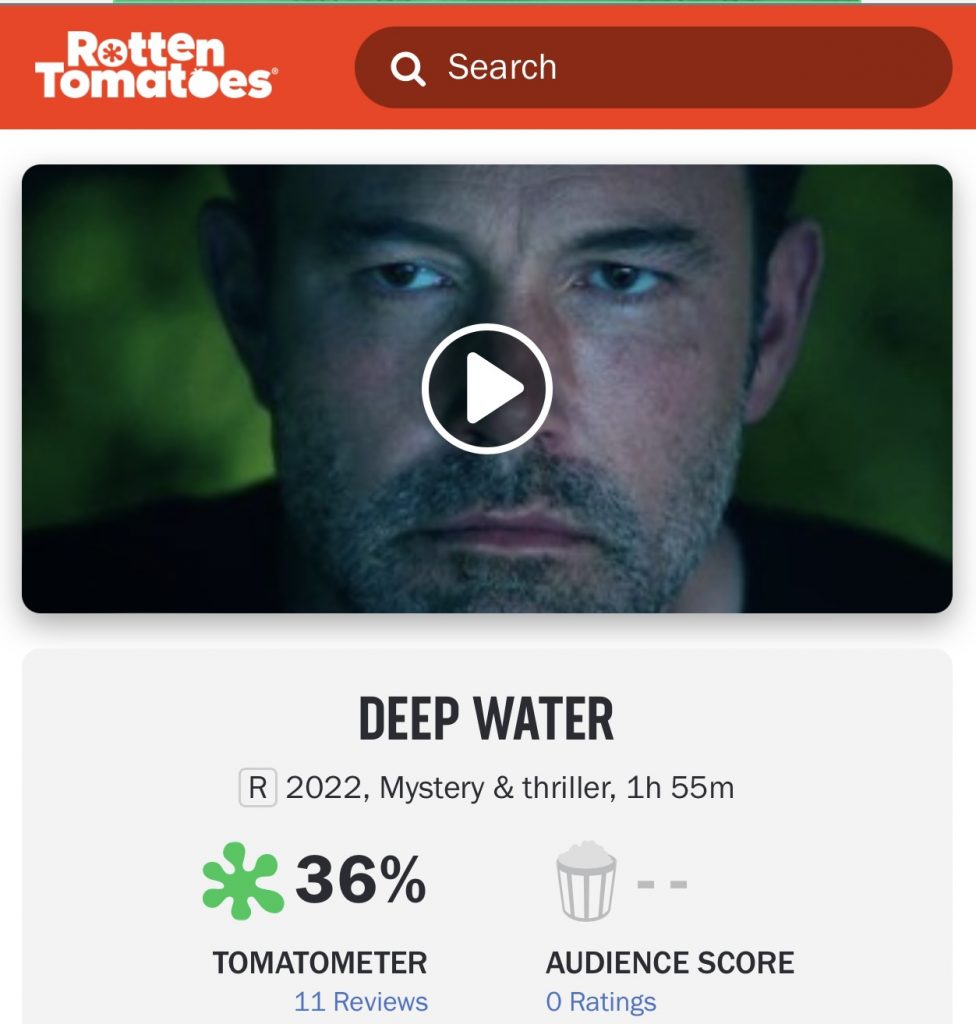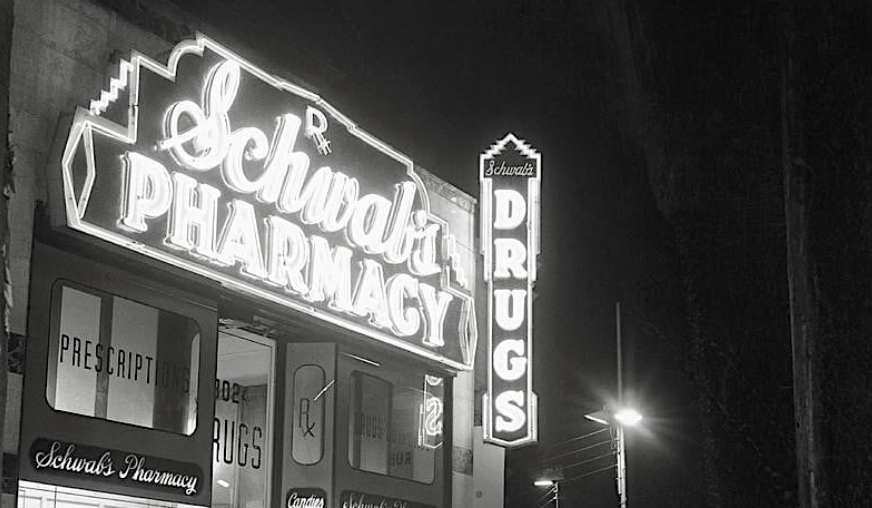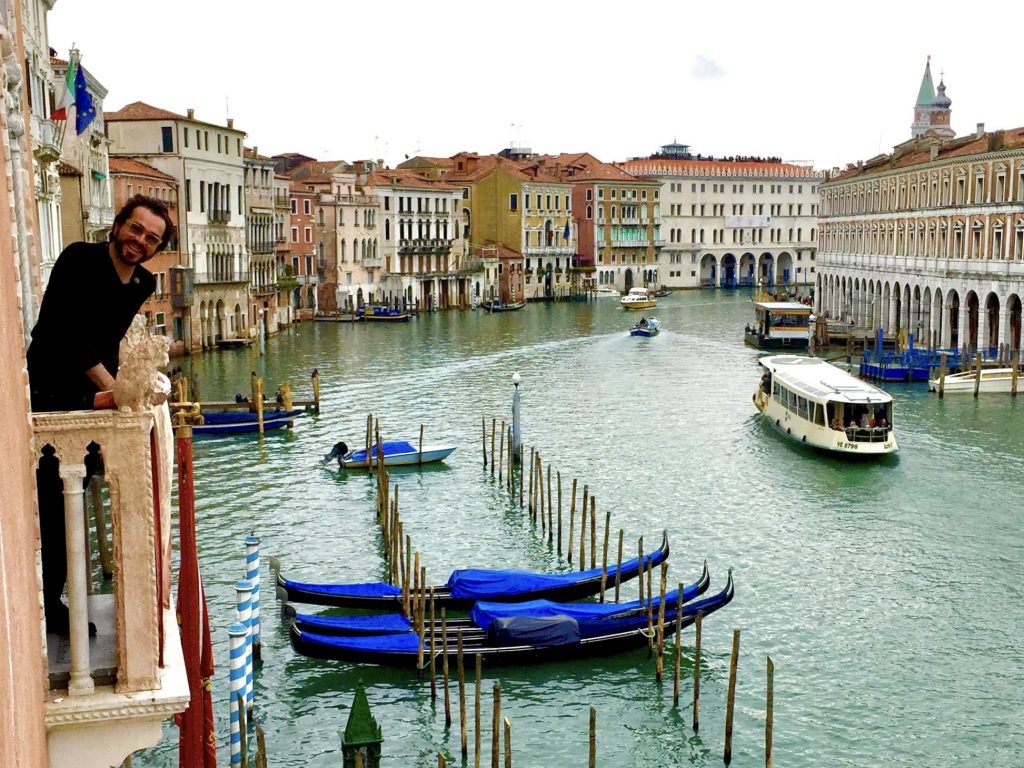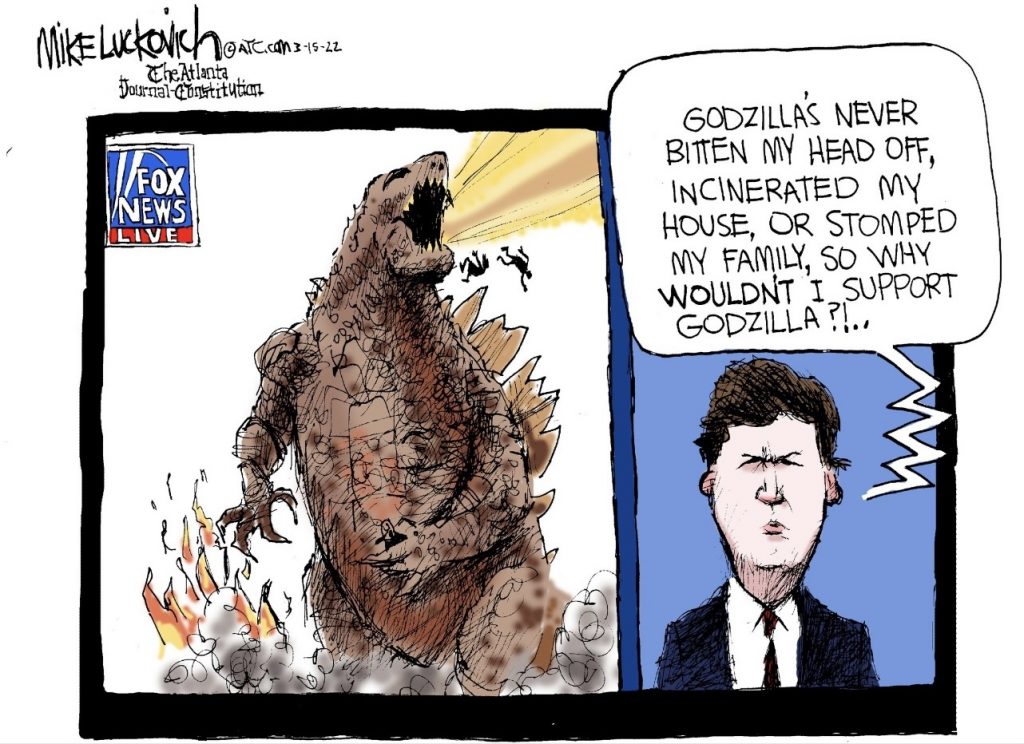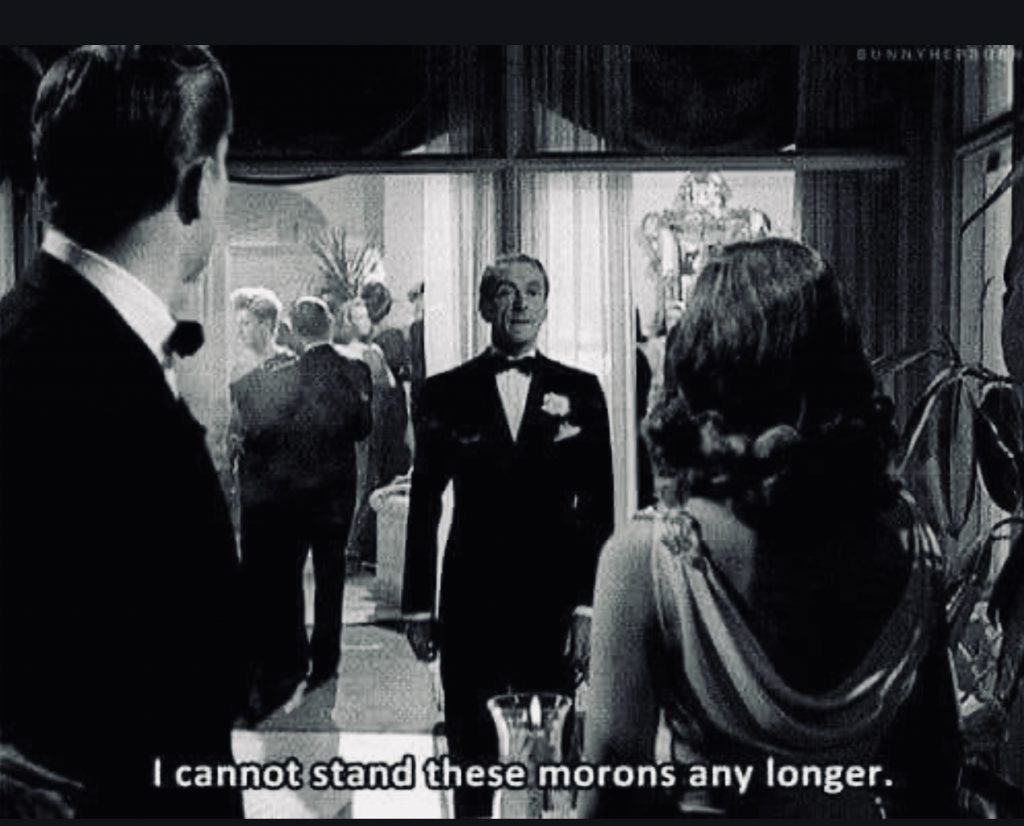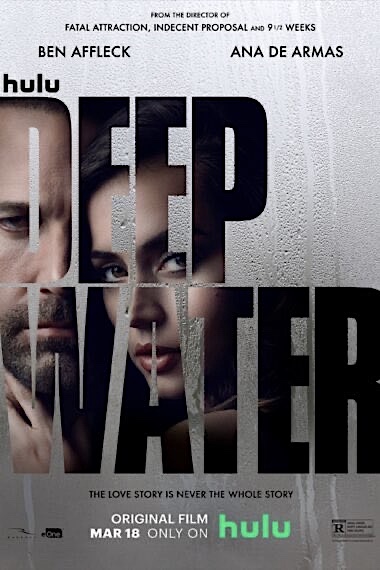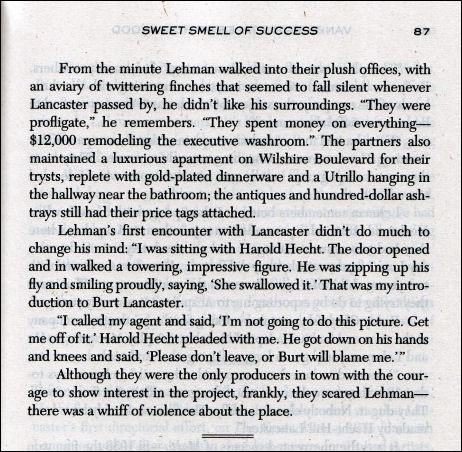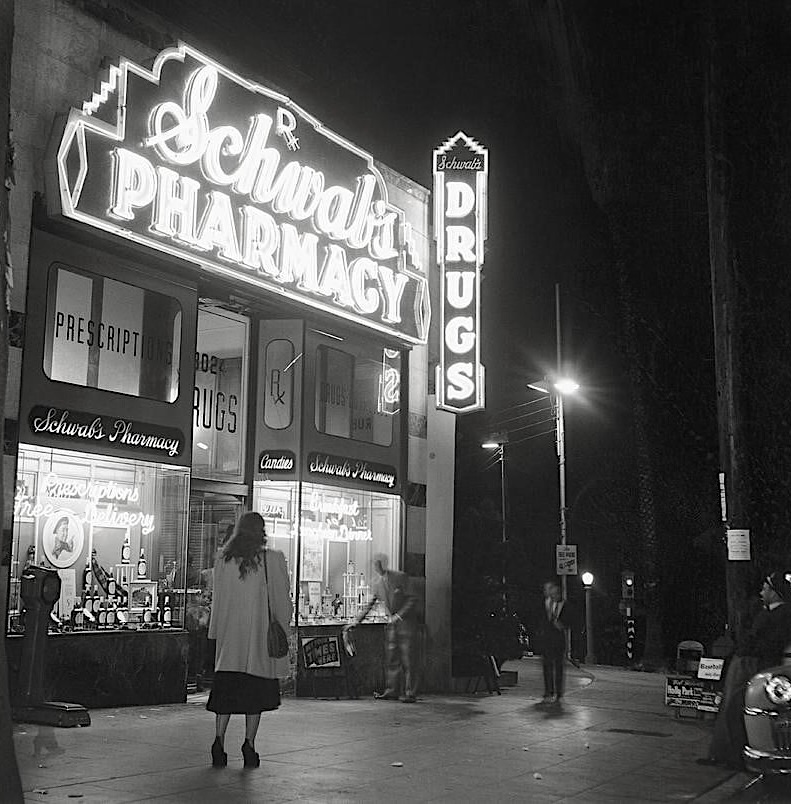Cruel perversity runs through Adrien Lyne‘s Deep Water (Hulu, 3.18). That’s what you feel more than anything else….the cold-blooded cruelty.
Based on a 1957 Patricia Highsmith novel and adapted by Zach Helm and Sam Levinson, the film is about Vic and Melinda Van Allen (Ben Affleck, Ana de Armas), a youngish, quite wealthy couple who’ve fallen into a very weird and toxic chapter in their relationship. They’ve agreed that Melinda is free to fuck around on a consensual, wide-open basis — an arrangement that Vic is ostensibly okay with although he’s clearly not. You can sense his suppressed rage from the get-go.
It’s also obvious that Melinda is (am I allowed to say this?) a horrible person and a total sociopath. She must sense that Vic is at the very least conflicted about their arrangement, and yet she takes up with three boyfriends in succession without blinking an eye, and she even invites these guys to social gatherings that she and Vic attend as a couple.
Their friends see what’s going on, of course, and they all say “bruh, this is fucked up, and no offense but your wife is the cause of it…she has some real problems…why are you going along with this?”
The deal seems even worse when you realize they’re raising a young daughter.
The first thing that comes to mind (after the “God, what a monster she is!”) is why — why has Vic agreed to Melinda boning all these guys? Is it because he can’t get it up with any regularity? That doesn’t appear to be an issue, but then you ask “okay but why did they get married and have a daughter if Melinda has an insatiable sexual appetite that can’t be suppressed?”
No sensible, self-respecting dude would marry a woman like this. Remember that Blood, Sweat & Tears song, “Lucretia McEvil”?

The reason he’s down with it, we’re told, is that Vic gets turned on by Melinda slamming ham with the boys, and this intensifies their marital sex life. But it’s clear that he’s mainly pissed about the whole deal. 95% of the time Vic seethes and glowers, and 5% of the time he has good sex with Melinda when she isn’t in the mood for one of the boyfriends.
Their arrangement, in short, is fundamentally mystifying and frustrating from an audience POV. And this is only one of the Deep Water irritants. I’ll mention others tomorrow, Thursday and Friday,
Originally posted on 7.12.19 on HE Plus: “I became an amateur stage actor between ’75 and ’76, when I was living in Westport, Connecticut. My big move to Manhattan was about a year and a half off. The usual nocturnal distractions prevailed, of course — catting around, partying, movies. But I also wrote program notes for the Westport Country Playhouse Cinema. And I acted in front of paying audiences.
“First I played the timid ‘Dr. Spivey’ in a Stamford Community Playhouse production of One Flew Over the Cuckoo’s Nest (which I mentioned to Ken Kesey when I interviewed him in Park City in ’98 or thereabouts), and then a macho backwoods type named ‘Marvin Hudgens’ in a Westport Playhouse production of Dark of the Moon.
“Sandra, a pretty married woman of 34, was also in Dark of the Moon. She and hubby Burt, a balding oil-company attorney, lived in a nice clapboard colonial not far from the playhouse. She was one of those ‘passionate with a capital p’ types — a lover of theatre, intense eyes, great cheekbones. Plus she was a part-time dominatrix with all the necessary gear (black bustiere, fishnet stockings, a leather cat-o-nine-tails whip, tall spike-heeled boots). Every so often she would visit Manhattan and get into scenes with submissives.
“Sandra was playing a sexy witch in Dark of the Moon, and it wasn’t much of a reach. Fierce energy, quite the firecracker.
Read more


